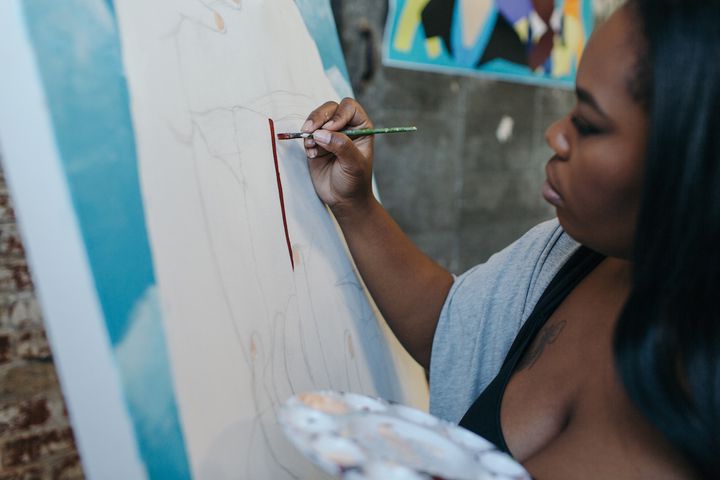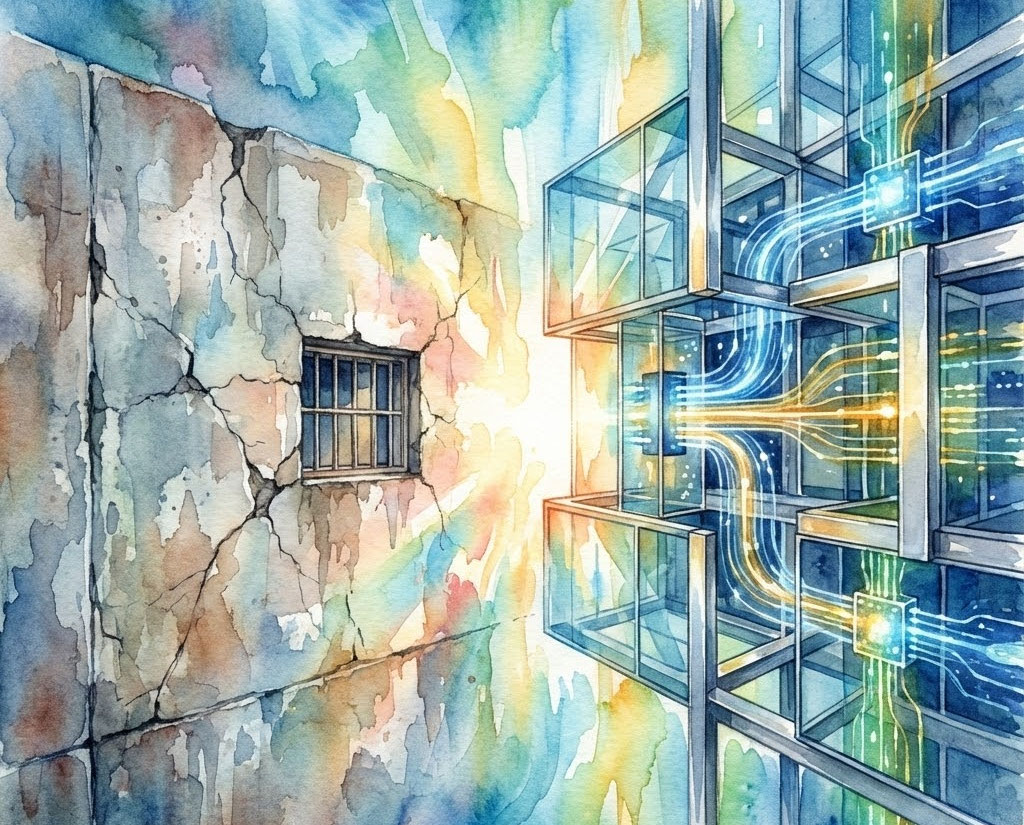
Stuck on a problem? Got writer's block?
It happens to everyone, though only some people feel confident that they can get out of it. Being creative isn't necessarily something you can force, though some people might argue otherwise.
In any case, getting hung up and frustrated over a problem can be annoying at best, and downright stressful at worst. So we've collected six of the best ways to get over that hump, giving your brain the creative boost it needs to surmount life's latest obstacle.
Rather than quick, seemingly magical cures to make you automatically creative, these are more like lifestyles and habits you can pick up that are beneficial for brainstorming in all sorts of situations. The key is to remember what you learn about creativity, and continue to put these ideas into practice whenever you see an opportunity.
1. Persist
There are a lot of pop psychology tips and tricks to instantly activate some creative genius lurking within yourself, but studies show that the simplest answer might be the best: Just keep trying.
This might be the least-fun option on the list, but it might also be the best. It sounds too easy at first, but it makes more sense as you think about it: the longer you work on a problem, the more creative the solution will tend to be.
The problem is that most people simply give up too early. They go through all the obvious thoughts, and consider the issue “thought about,” at least as well as they're capable.
Persisting gives you the time to work through problems, examining them from many angles. You work so long, you can end up getting out of the state of mind you started with. You'll go through boredom and frustration, yes, but, if you can stick it out, something truly valuable often comes out of that struggle.
2. Challenge Yourself
Novelty often comes from dealing with new problems. If you're not dealing with new problems on a consistent basis, why would you be bothered to think of anything new?
The trick here is to deal with problems that you actually care about, for whatever reason. It takes a genuine challenge to muster that real creative energy within you, to motivate you enough to really start thinking.
When it really comes down to it, this means not being afraid to fail.
If you're feeling the urge to sink your creative teeth into some problems of truly global importance, check out the challenges here at HeroX. People all around the world are looking for novel solutions to problems both new and old – do you have what it takes to make a difference?
3. Be Quick to Start, Slow to Finish
In his recent TED talk, Adam Grant talked about “The surprising habits of original thinkers.” The most surprising finding of his research: that people who tend to show the most creativity around a problem are those who start early, but finish slowly.
Starting immediately and rushing to finish the project means you won't be pondering new ideas and alternative solutions. Similarly, waiting until the last moment gives you no time to think because you're worried about not making the deadline.
As Grant says, “Procrastinating is a vice when it comes to productivity, but it can be a virtue for creativity.” But not too much procrastination, of course!
4. Collaborate and Be Social
If you're not bouncing ideas off of other people, you can start living in an echo chamber.
Innovation and collaboration often go hand-in-hand today. Research at the University of Tennessee found that innovation and collaboration build upon each other in a feedback loop. Business that collaborate better, both within themselves and with other business, do better.
And according to research by Nielsen, larger, more diverse teams generate better concepts. Compared to a baseline starting point: teams of two people generated ideas that performed 16% better with consumers; teams of three to five people generated ideas that performed 32% better with consumers; and teams of six or more generated ideas that performed 58% better.
The larger your pool of human resources, the more ideas you have to work with. This can backfire eventually, when you get so many people that there are more ideas than you can handle, but until then it's usually a net positive.
The science is in. Don't play with your ideas alone – it's not good for them, or for you.
5. Read Books
The internet is wonderful and there's plenty to learn here, but it's no substitute for books (physical or digital).
Read fiction. Read nonfiction. Read books in fields you've barely heard of, and autobiographies of people you suspect are important but don't know anything about.
In Isaac Asimov's autobiography, he wrote about how he generated new ideas. One of his main points, perhaps the most crucial, was the importance of continual learning throughout life, especially after formal education ends.
“I couldn’t possibly write the variety of books I manage to do out of the knowledge I had gained in school alone. I had to keep a program of self-education in process. My library of reference books grew and I found I had to sweat over them in my constant fear that I might misunderstand a point that to someone knowledgeable in the subject would be a ludicrously simple one.”
6. Teach
It's an old adage that teaching is one of the best ways to make sure you really know something, but that means it's also one of the best ways to figure out what you don't know.
How many times have you gone to teach someone something, just to find out that you can't quite put your knowledge into words? Or did your pupil ask a question that you started to answer, but then realized you didn't actually know?
To teach a subject, you'll need to do some in-depth research. This deep thinking stimulates thought in a variety of ways, exposing you to new concepts, situations, and perspectives. This is especially true when you're asked to teach or explain something that you're not quite too sure about. That little bit of nervousness will make you all the more curious and eager to dig in, so you don't let down your student.
These are just a few habits and techniques you can use to continually stimulate novel, creative thoughts. What are your favorite ways to think bigger, better, and newer? Let us know in the comments below!








